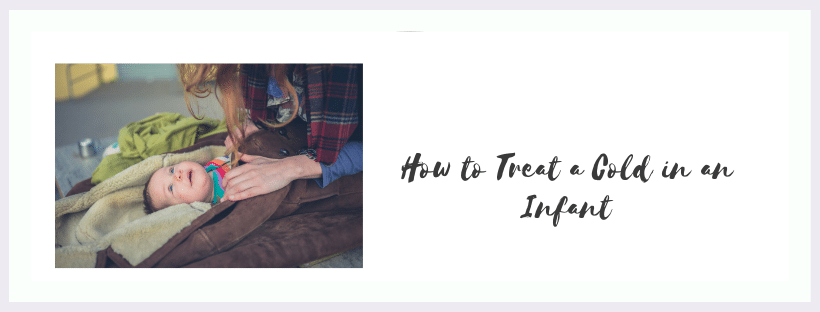How to Treat a Cold in an Infant
It is a natural reaction from a mother to worry when their infants have colds. If you are a new mother, you can be furious as to what to do with your baby’s present condition. As a mother, you should know that colds are common in babies and there are ways you can do to stop them. Read on for more tips in how to treat a cold
Before you could know how to treat a cold, it is always good to know how to prevent them in the first place. Prevention is better than cure, as they say. Keep the baby’s room well ventilated and humidified. The humidified air will moisten the mucosa areas on the baby’s nose. Dry mucus in the nasal membranes of the baby can lead the mucus to dry and be stuck in the nostrils of the infants. Since the baby’s nasal passages are moist, you can use a nasal aspirator to prevent mucus from going down their lungs, which may lead to cough. Keep the infant’s head elevated as to make sure all the mucus can be aspirated.
Turn off any fan or air conditioner before and after giving the baby a bath. The cold environment can trigger the baby’s immune system to give out. Use warm water when bathing the baby and do it as quickly as possible. Dry them off immediately and cover them with warm clothing as to prevent heat from going out of their body.
Another way on how to treat a cold in infants is by continuation of giving them breast milk. Breast milk is good for babies in all ages. Immunity can be passed on to the baby form the mother via the breast milk and this can be of big help in treating and preventing cold in infants. Aside from passing of the immunity, breast milk can improve your baby’s health in a lot of different ways. Therefore, breast milk is preferred by pediatricians than formula milk. Not to mention the savings you can have from the cost of formula milk, breast milk is very economical in deed.
Just like human beings, infants also need to have adequate fluid intake as to remove all the toxins and waste inside the body. Also, increasing fluid intake can minimize your baby’s risk for dehydration which can be fatal at times. Take note of the persons who are carrying or handling your baby. Infants’ immune system are still immature, therefore they can easily contract illnesses from other people. Keep your baby away from people with colds as well.
If the infant’s cold persist in more than a week, accompanied by loose water stools, allergies and high grade fever, it is best to consult a physician regarding this matter. Your infant might need a more aggressive medical treatment and should be given abruptly before getting serious complications. Laboratory tests and exams will reveal the condition of the infant and the physicians can give orders on what medical treatments or approaches your infant might need.



